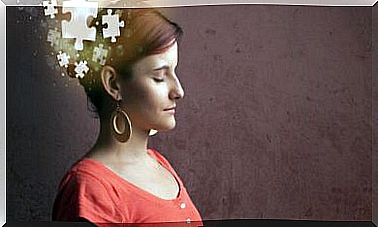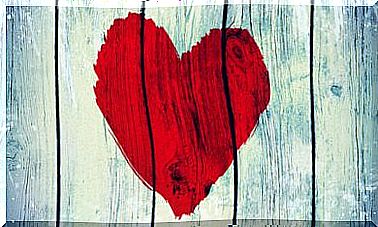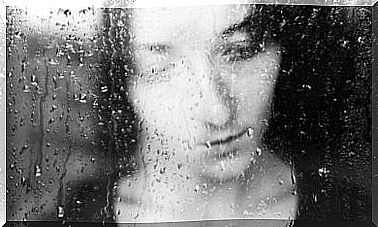What Are The Consequences Of Panic Attacks?
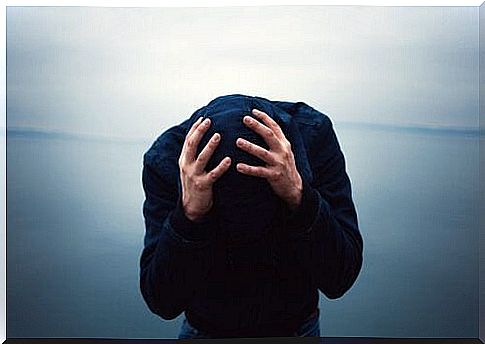
It happens all of a sudden. You notice that the heart beats at full speed. All alarms are activated. – What’s happening to me? I’m dying? – Panic floods you and you start breathing faster and faster. You feel like you’re short of breath. – Am I going to asphyxiate myself? I can’t stop shaking!
The tightness in your chest starts to get worse and you feel that what is happening is not real, but the fear of dying is there. You believe you are going crazy. Looks like you’re going to pass out. In just 10 minutes your body is completely out of control. What happened to you? You had a panic attack. But what are the consequences of it?
How and why does a panic attack start?
A panic attack is a crisis that starts suddenly. The first thing a person notices is the appearance of a series of bodily sensations. These are usually: palpitations or rapid heart rate, sweating, trembling or agitation, shortness of breath and/or feeling choking, chest tightness, nausea or abdominal discomfort, instability or dizziness, numbness or tingling sensation, and chills.
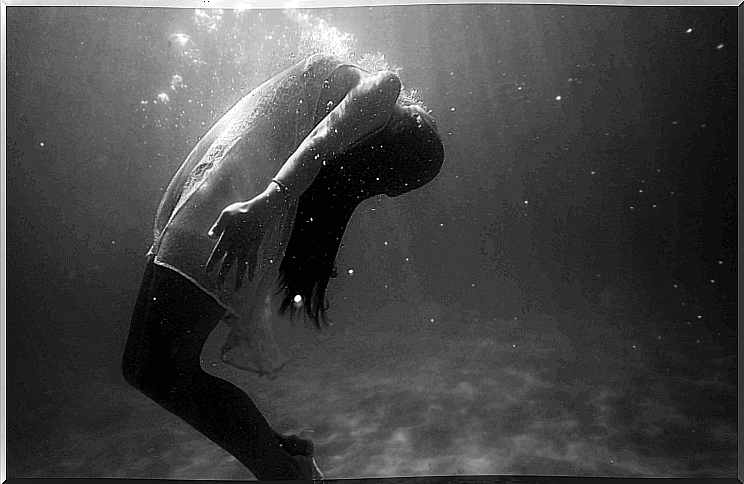
The problem increases in size thanks to the thoughts that the person reproduces in his mind and around these physical symptoms. A panic attack is produced because a person associates his bodily sensations with some kind of threat. In addition, the person often realizes that this induced threat puts his life in danger. Thus, it develops a whole cycle of thoughts (in this sense) that will make the initial bodily sensations even more intense.
These are the fear of dying, losing control and/or going crazy, plus the feeling of unreality or being outside of oneself. The point is that people interpret these physical symptoms in a catastrophic way. That is, they believe that these bodily sensations are occurring because something serious is happening. It is essential to emphasize that, in reality, there is no real danger of death, the truth is that all of this is happening because we are thinking.
What consequences result from panic attacks?
Panic attacks have negative consequences for those who suffer from them, but in no case do they lead to death, at least directly. Think about it: did you really have anything serious on a physical level when you had a crisis with these characteristics? No, right? If they really had the consequences we fear, you wouldn’t be reading this article!
Luis Sepúlveda’s words have a dose of dark humor, but they still provide us with an accurate description of the sensations of the “victims of panic”. Furthermore, we all know that these panic attacks cause great emotional and psychological discomfort. Fear takes over the daily lives of these people.
Fear appears that you will have a crisis again, as it is not pleasant. In many cases, the stimuli generated by the crisis are widespread (for example, if we had an attack at a bus stop, we become afraid of all bus stops), and in many other cases, the anticipation of the crisis itself causes the attack (we anticipate that we will pass a bus stop).
Above all, the person starts to fear that attacks will appear in public places, where it is difficult to escape, in social situations where it would be embarrassing to be like this, or at times when it would be difficult to get help. So what does the person usually start doing in these cases? What she usually does is avoid these situations.
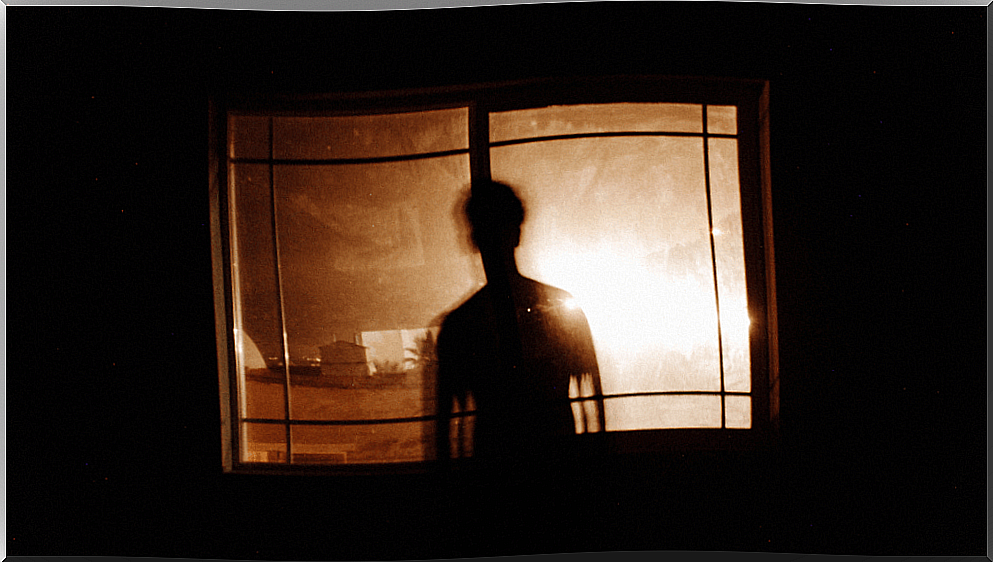
The person stops going to these places so that, thus, the anxiety generated by the possibility of having another attack is reduced. So she avoids more and more places. In this way, everyday tasks become a real exercise in planning and effort. It is extremely difficult for a person to go to places they used to go to. Thus, the range of activities you end up doing is greatly reduced.
In this case, we reach the point where the person starts to suffer from agoraphobia. They already fear or avoid situations such as the following: crowds, public places, traveling alone or being away from home. This is highly debilitating for the person, who sees their quality of life reduced in all areas. Since this can be limiting on both a personal, professional and social level, it is important to consult a psychologist to learn how to regulate anxiety and reduce panic attacks.
Images courtesy of Cristian Newman, Christopher Campbell and Isai Ramos.


